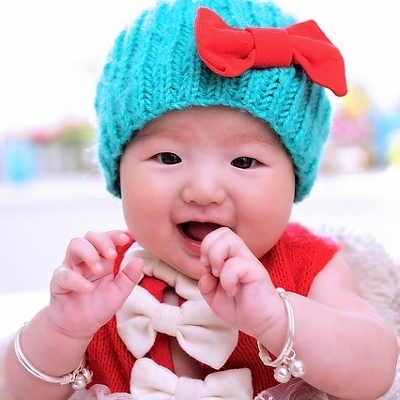 Recently, I wrote about the importance of staying connected with your teen. Not only is that connection important for the parent, but it is crucial for the child. Last week I spoke with Dr. Nathaniel Williams about teenagers’ self-esteem and how necessary the parent-child connection is.
Recently, I wrote about the importance of staying connected with your teen. Not only is that connection important for the parent, but it is crucial for the child. Last week I spoke with Dr. Nathaniel Williams about teenagers’ self-esteem and how necessary the parent-child connection is.
Dr. Williams described the connection as being similar to the game of tag.
“We all remember the times in our early lives when we played the game of tag. We can recall what it was like when someone touched us to make us ‘it’, and how we almost injured ourselves trying to touch another person so that he or she could be ‘it’ and we could take a break from running to breathe a little easier.”
Speaking with Dr. Williams, he explained, “We have to tag people, especially young people, and let them know they matter, then let them tag someone else. We don’t tag kids enough. They begin their quest for independence, and we back off.” Rather than allowing our children to be independent, we need to teach them to be inter-dependent. While teenagers are able to do much more on their own than younger children, there still is a need for parents, family, friends, and community.
‘The designation of being ‘it’ is even more crucial today in our fight to counter some of society’s greatest tragedies affecting the human spirit. If we are to combat bullying, suicide, discrimination, and the like, we must be prepared to relaunch that old game of tag and let people know that they can become ‘it’ once again. We must let them know that they matter and are valuable, as well as that life is so enriched by their presence and, more importantly, their participation. A major contribution to the tragedies of bullying, suicide, and discrimination is that so many of the victims and perpetrators suffer from poor self-esteem because too few people let them know that they are valued and appreciated.
There are so many simple ways that parents and other adults can make teenagers feel valued:
- a note in a bookbag
- a text message
- a note on the teen’s Facebook page
Parents don’t need to be the only adults supporting teens. Dr. Williams noted that there are many people who could be part of your child’s life, “When they were born everyone rushed to the hospital. When they’re little they don’t need anyone at the hospital. People disappear as children grow.” Remind those aunts, uncles, grandparents, and friends that your teen would love to have them involved. Something as simple as attending a teen’s sporting event, sending a text message, or going to dinner together can mean a lot to a teenager.
As your child approaches the teen years, remember that while she needs to spread her wings, she also needs to know that there is love and support in the nest.
Dr. Nathaniel Williams is a father of seven, and one of those children is autistic. He juggles being an adjunct professor, author, CEO, motivational speaker, talk show host, father and husband. He himself is a product of the NY foster care system and now has started his own foster care agency and helps others realize their potential as well.










